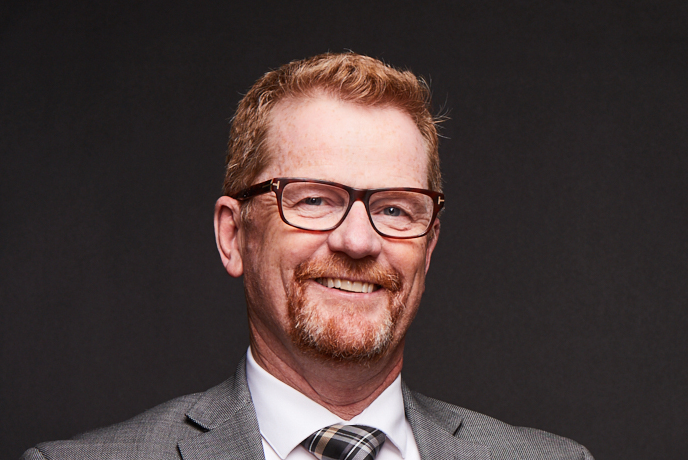Ah, Cheech and Chong. Their legend lives on as classic stoners. Shiftless. Unemployed, at least in terms of taxable income.
Unkempt and self-interested.
Back then, pot was illegal, but they nevertheless viewed access to “the herb” as their right. The classic “Dave’s Not Here” skit was emblematic of how most of society viewed potheads, as cannabis consumers were then known.
How times have changed. We don’t call it pot anymore. We use the Latin names cannabis sativa or cannabis indica, thank you very much.
And Cheech and Chong – together with my fellow Baby Boomers – are these days much more interested in finding smoke-free cannabis products that ease hip inflammation or help us get a good night’s sleep.
It’s a sea-change, to be sure.
Recently, a family friend admitted she’d been using cannabis oil from a Canadian grey market dispensary to ease her menopausal reign of terror. She said it saved her from herself.
Oh, and she found a topical that really helped with her arthritis.
A few years ago, my colleagues were shy to mention their work in cannabis. Now, it is the source of lively conversations. Everyone from bartenders and barbers to bankers and politicians know I work in the cannabis industry.
Maybe as a former British Columbia Health Minister, I get a pass. But the most common reaction is, “Cool. Should I invest?”
The answer is yes.
I’m not referring to so-called pot shares, either. I’m talking about getting behind an industry that Canada has the potential to own, world-wide.
I’m talking about embracing cannabinoids – both the intoxicating tetrahydrocannabinol (THC) and non-intoxicating cannabidiol (CBD) – in a variety of non-smoking formats.
I’m talking about investing money in medical and veterinary cannabis research.
I’m talking about reviewing the efficacy and uses of a plant that has been used medicinally for millennia prior to prohibition.
And I’m talking about developing and regulating edibles to moderate their benefits and support a brand new Canadian – and potentially global – industry, as well as leveraging our position as thought leaders to make this an industry that is responsive to ecological and environmental needs.
Cannabis and stigma uneasily walk together these days, at least in Canada and a handful of American states.
In Europe, it’s just now beginning to erode. But like most stigma, we have a duty to examine it, to root out prejudice and to move forward with a clear vision.
Stigma has been overturned before, edged on by science and evolving cultural norms.
For example, centuries past, surgeons eschewed washing their hands prior to surgery as unnecessary.
Times change.
The Canadian cannabis industry is not inventing anything. Like so much else to do with human endeavour, it’s evolving and we’re adapting to innovations.
In this technological age, when we assume we know it all, it’s deeply gratifying to think that an often-maligned and common weed can not only impact people’s health and lifestyle, but the economic vigour of a nation.
Dr. Terry Lake is a former Health Minister and Environment Minister for British Columbia. He is VP, Corporate Social Responsibility, for HEXO Corp, a cannabis producer based in Gatineau, Quebec, Canada.



















